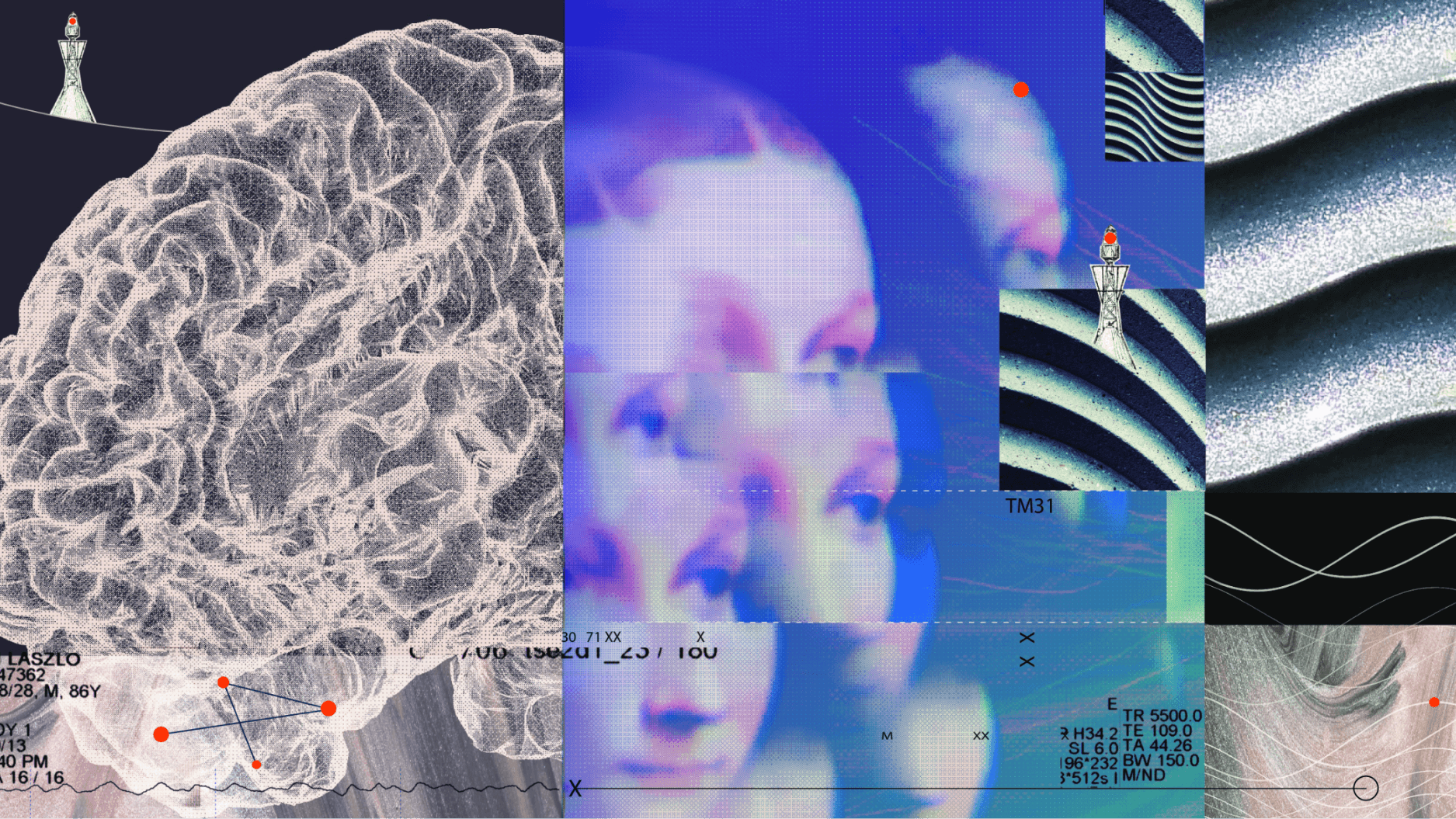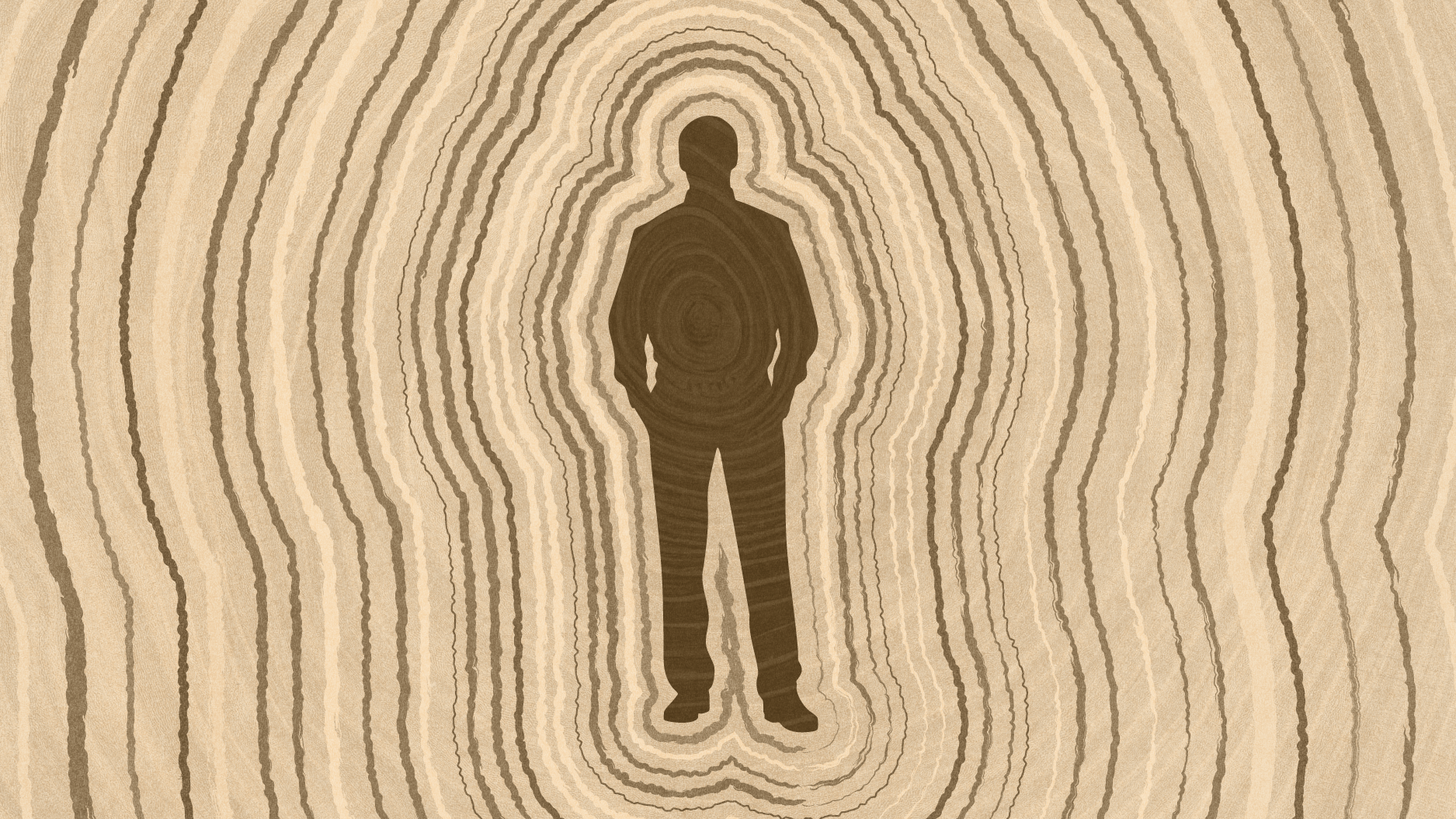- Flow is an altered state of consciousness in which we feel and perform our best due to total absorption in an activity.
- A state of flow, which is due to a cocktail of “feel-good” chemicals in the brain, can help overcome PTSD, addiction, and heartbreak.
- Flow is so powerful that doctors might one day prescribe experiences like surfing or skydiving to help patients overcome trauma.
STEVEN KOTLER: All right, are my feet in or out of the shot?
INTERVIEWER: It's a wide shot... we're seeing your feet.
KOTLER: Well, then you're gonna have to deal with the ridiculous flip-flops, sorry about that. When I talk about 'peak performance,' I often define peak performance as getting our biology to work for us rather than against us. What I'm really talking about are the systems underneath what we call motivation, learning, creativity, and flow. And 'flow' is an optimized state of consciousness where we feel our best and we perform our best. More specifically, it refers to any of those moments of rapt attention and total absorption. You're so focused on the task at hand, so focused on what you're doing, everything else just seems to disappear. Action and awareness are gonna start to merge, your sense of self, sense of self-consciousness, the voice in your head, your inner critic are all gonna diminish.
Time is gonna dilate, which is a fancy way of saying it's gonna pass strangely. One of the reasons learning goes up so much in flow is 'cause it's this huge, cocktail dump of five or six of the most important feel-good neurochemicals the brain can produce, and we tend to remember things that happen in flow states. In fact, for most people, you're looking at positive memories, right, things you're remembering that are really strong, that are really locked into memory, chances are they're things that took place in a flow state. There has been a lot of work, because of this very mechanism, in using flow to override and rewrite PTSD.
The Army tested a combination of talk therapy and surfing. Surfing is an experience that's packed with flow triggers. Five weeks of surfing twice a week and regular talk therapy sessions after the surf sessions was enough to significantly reduce or completely remove symptoms of PTSD, and lower people's need for medication or get them off medication completely. PTSD is basically a very strong memory that's been written and everything sort of flows back to it, and flow seems to be able to override that memory because it's such a potent neurochemical dump.
We know that flow has been very useful in the treatment of addiction. There are, for example, a number of rehab centers, usually aimed at teenagers, where to get kids off drugs, they're taking them into the mountains and giving them outdoor high-flow experiences. Knowing what we now know about the way that experiences can produce different neurochemicals, it doesn't seem too odd that sometime in the future, we're going to start to see doctors or psychologists prescribing experiences. I always tell my friends, when their relationships end, the easiest way to override heartbreak is to go skydiving.
The problem with heartbreak or grief or all those things is basically, every memory you have goes back to the person you just lost, right? That's why you walk through your house and everything reminds you of the one that got away. You actually have to override the memory. You have to have an experience that's more powerful than that. Skydiving and the kind of immediate deep-flow state it tends to produce in most people will tend to override that. I'm not saying we're gonna go to the doctor for heartbreak and they're gonna prescribe skydiving- but it would work. And there might come a time in the future where we actually think that way.







